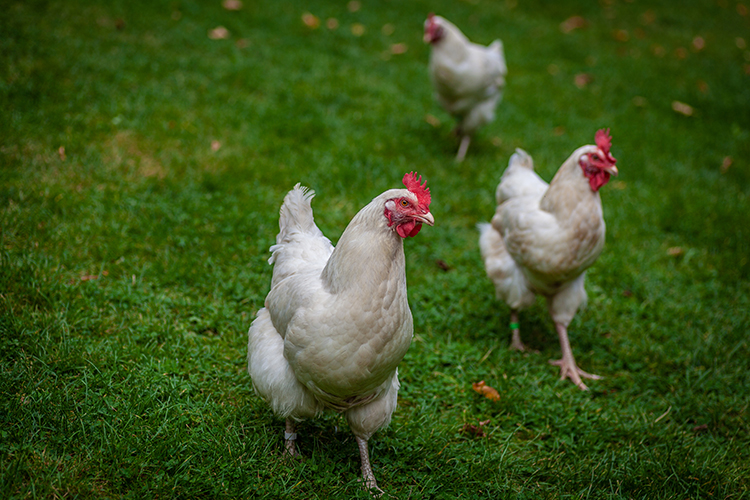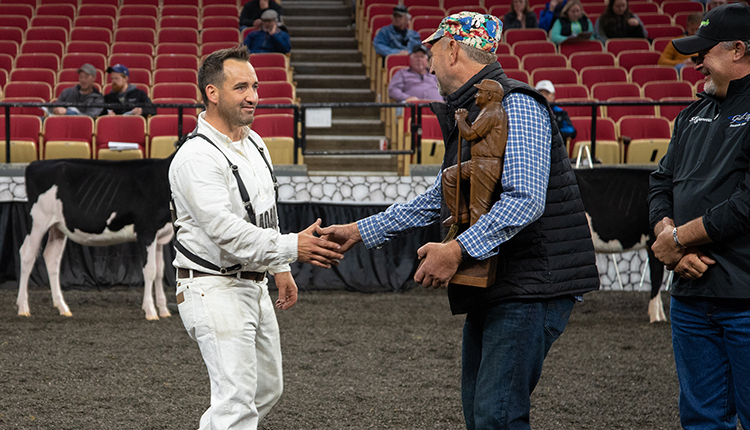
Backyard hobbyist farmers often become the best advocates for full-time farmers. That’s because these new entrants into animal agriculture or gardening circles often learn these farming realities rather quickly — that it is hard work, expensive, and unpredictable.
The article Harsh Lessons in Egg-onomics proves this to be true. That was The Wall Street Journal print edition’s title for an article that explored the concept that, “Bright ideas about raising chickens to cut the grocery bill collide with backyard farm realities.” The online version of the very same article carries a different title, “Raising chickens for cheaper eggs gets expensive fast.”
No matter what the title, newcomers to agriculture are learning that even at record prices, it just may be cheaper to buy those eggs than to raise the chickens and harvest the eggs. That’s because newcomers must buy a chicken coop, set up a fence, buy chicks, learn the nuances of animal care including supplying heat sources, and then continue to pay for that corn or soybean meal that’s been touching near-record high prices. From the feed standpoint alone, it costs on average 10 to 20 cents a day to feed those birds in these market conditions.
Then comes patience. It’s an attribute full-time farmers have been forced to acquire. When it comes to chicken farming, it takes roughly 20 weeks before those cute, little chicks mature to lay eggs. Oh, then comes the eventual molt when chickens take an annual vacation to lose old feathers and grow new ones. No eggs are laid during this molting siesta, either.
After all these farming adventures, then comes the full cycle of life when those chickens should be harvested for chicken soup.
“You think, ‘I’m going to buy these chicks. It’s going to be simple,’” shared Trisha Nieder with The Wall Street Journal’s staff writer Rachel Wolfe. “But then you realize it’s so much work,” continued Nieder, who is a vice president of a public relations company based near Washington, Mo.
Yes, farming is a lot of work.
There’s a lot of risk.
And just maybe, those eggs in the store aren’t really that expensive despite the record prices.
We welcome Wolfe to the farming fold as she now knows the extra work and all the costs necessary to put farm food on the dinner plate.
I hope more consumers raise chickens, so they get that firsthand experience with production agriculture. My prediction is that the endeavor will not last long for most consumers turned farmers.

The author is the managing editor, and he brings over 22 years of industry leadership to our readers overseeing all editorial content and production of the magazine. His degree from the University of Wisconsin-Madison combined dairy science and agricultural economics.








